Using ash when planting potatoes
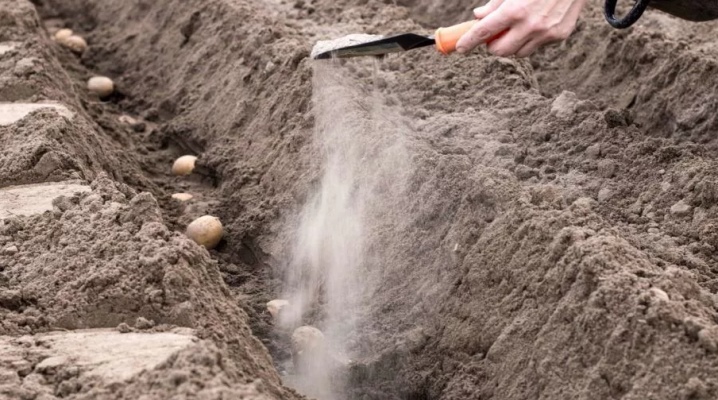
Ash is a valuable natural supplement for garden crops, but it must be used wisely. Including for potatoes. You can also abuse natural fertilizer, so much so that the yield in the season will drop sharply.
Why do you need ash?
It must be said right away that its composition is unstable, it depends on what exactly burned. For example, if a deciduous tree is burning, the mineral composition of the resulting ash will be richer than, for example, the composition of the ashes of a coniferous tree. Resins in conifers affect this indicator. And not every ash, in principle, can be taken for feeding. Woody is useful, but the one that remains from the burning of plywood, chipboard, and also glossy magazines will be clearly superfluous for planting.
Ash contains a lot of calcium, potassium, as well as phosphorus and magnesium. It reduces the acidity of the soil, and in some areas it is a problem number 1. Specifically, for potatoes, ash will be a source of potassium in the most acceptable form for culture. It is perfectly absorbed from ashy feeding. Phosphorus and calcium are also optimally taken up by the soil where the potatoes grow. There are no chloride formations in the ash, and this plant does not like them.
The main thing is that the dressing is natural, well digestible, and after it the potatoes become more starchy, productive, more expressive in taste. If you decide to add ash to the hole when planting, then this is an excellent contribution to the future harvest.
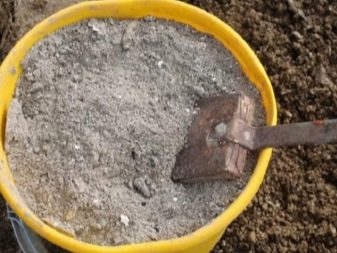
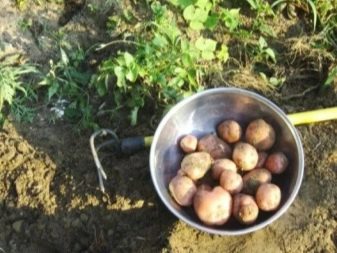
How to use it correctly?
There is no big difference when exactly to add ash to the soil. With very acidic soil in the garden, do it in autumn or spring. Moderation is far more important. Yes, there are "experts" who will assure that it is better to play it safe and put ash in the ground in spring and autumn. But this recommendation has long been denied by real experts, experienced agricultural technicians, and plant breeders. Ash fertilizer will act in the ground for at least 2 years, and it accumulates, and therefore there is often no point in feeding. Ash is often used in conjunction with urea.
Let's see how to properly fertilize:
- first, a teaspoon of urea is poured into the hole;
- wood ash is poured on top of it - about a third of a standard-sized plastic cup;
- then you can put a handful of onion peels;
- and only then all the components are mixed right in the hole;
- the formed mixture is sprinkled with soil, but not in a particularly thick layer (here it is important that the seed does not come into contact with the fertilizer);
- only then the tuber is put, which is poured on top with a liter of water;
- after the water has gone into the ground, the hole is covered with earth.
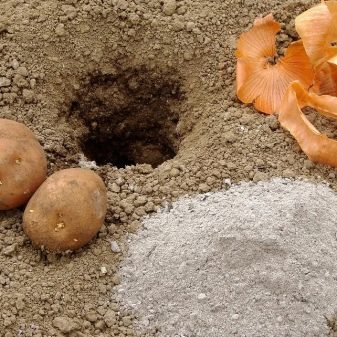
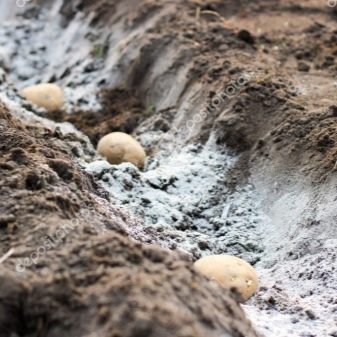
It makes sense to plant coriander in or near the hole. Yes, this is unnecessary trouble, but then it will be even more expensive to fight the Colorado potato beetle (coriander repels the pest).
It is worth noting that not everyone is engaged in applying ash directly to each hole. Some gardeners prefer to simply sprinkle wood ash on the seed to be planted. This can also be done, but the method is controversial, because its effectiveness is difficult to predict. It is still better to apply directly to the soil. By the way, if bears are parasitizing in the garden, crushed eggshells can become a partner for ash instead of onion peels. It is a calcium source, and it repels the pest well.
Fertilizer, keeping the rate, can be applied during the season. And here spraying is appropriate. For example, such a measure is good before hilling. You will need very little ash.It can be used one more time before the potato blooms. This time it is worth adding more of it, and then once again spud the potatoes.
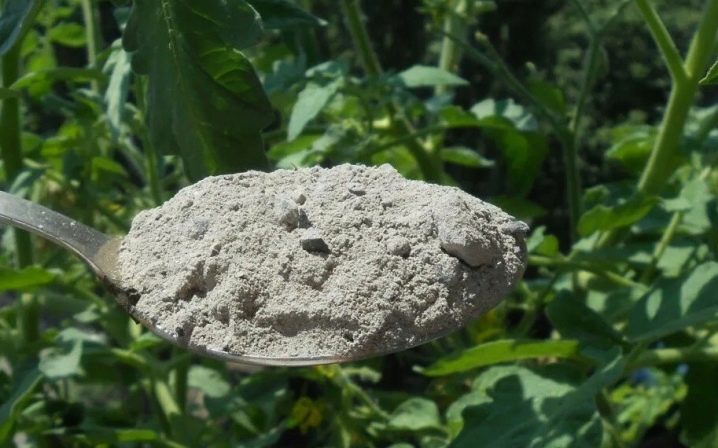
Cautions
Wood ash is strictly not used together with ammonium sulfate and ammonium nitrate. There is controversy over whether it can be used with urea. The method above assumes such a use, but there are those who do not consider such an alliance necessary. If it is decided to use compost or manure, ash can be combined with them, but so that it makes up a maximum of 3% of the mass. The compost contains a lot of acidic components with slow decomposition. Ash neutralizes them, and useful components are retained in the soil.
The main caveat concerns the type of ash. Not all ash is beneficial: natural and unpainted wood that is burned is useful, but magazines, paper bags, cardboard boxes - this is the risk that the boron released during combustion will pass through the soil into the potatoes. And he is toxic for this plant. Burning sheets of glossy magazines is an even greater risk, as this process involves the release of toxic substances.
For the rest, the use of ash just needs a measure. This is not the only natural fertilizer that has a positive effect on the potato crop. But it is an affordable and inexpensive tool that can improve the taste and keeping quality of potatoes, and it is foolish to give up the cheap opportunity to ensure a good harvest.
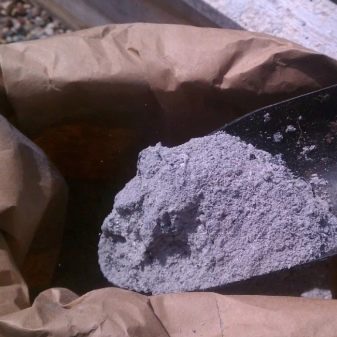
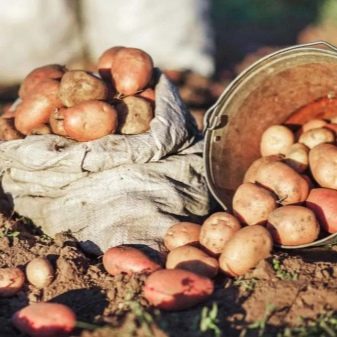













The comment was sent successfully.